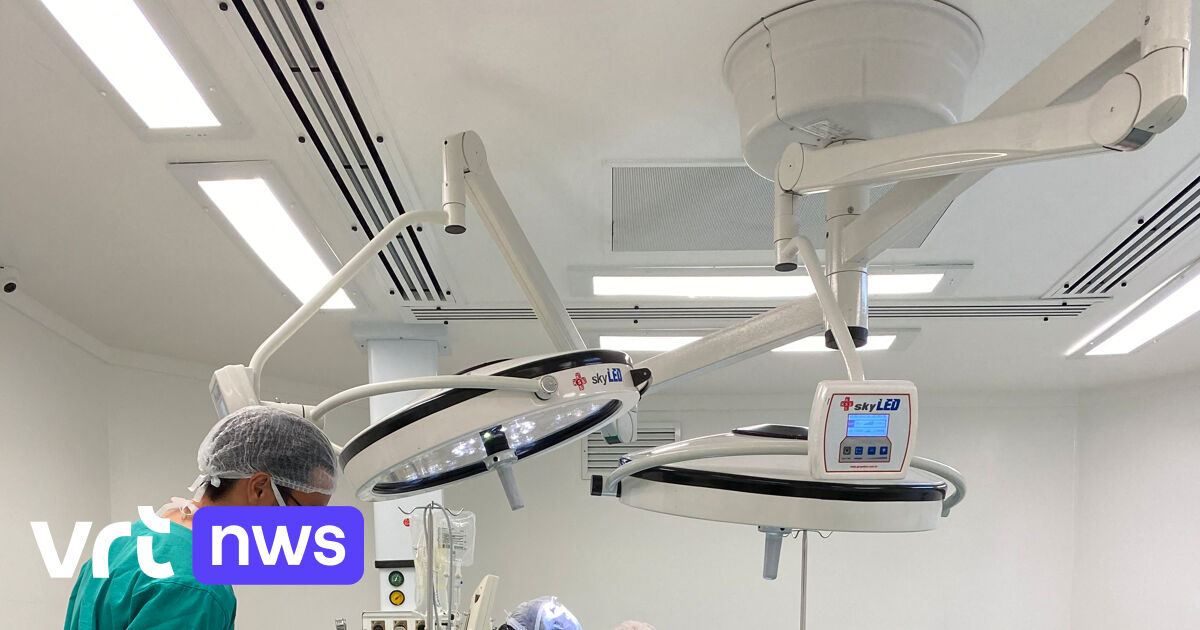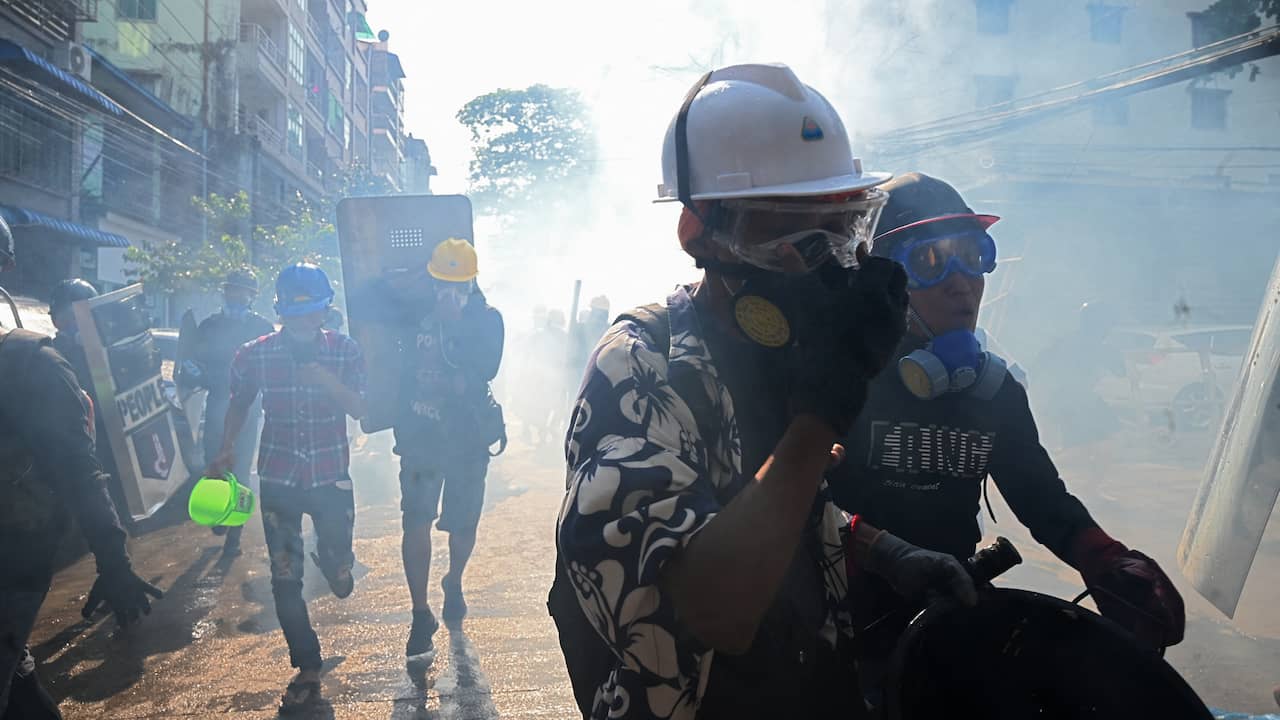It has been known for some time that a corona infection during an operation increases the risk of death. International guidelines therefore recommend postponing surgery in patients who test positive for COVID-19, but it was not known how long this delay should take.
That is why one of the largest surgical intervention studies ever was launched under the direction of the University of Birmingham. More than 15,000 surgeons worked together to collect data from 140,727 patients in 1,674 hospitals in 166 countries. In our country, 8 hospitals cooperated and doctor Gabrielle van Ramhorst from UZ Gent coordinated the study.
The study included all patients from participating hospitals who underwent surgery in October 2020. Patients who became infected after the procedure were removed from the study. It was examined how many patients died within 30 days after the operation.
The study found:
- Risk of death within 30 days after surgery in patients who were not infected: 1.5 percent.
- Risk of death within 30 days after surgery between 0 and 2 weeks after COVID-19 diagnosis: 4 percent.
- Probability of death within 30 days after surgery between 3 and 4 weeks after COVID-19 diagnosis: 4 percent.
- Probability of death within 30 days after surgery, between 5 and 6 weeks after COVID-19 diagnosis: 3.6 percent.
- Risk of death within 30 days after surgery between 7 and 8 weeks after COVID-19 diagnosis: 1.5 percent.
- Risk of death within 30 days after surgery in patients who still show symptoms of COVID-19 after 7 weeks: 6 percent.
The figures apply to all groups of patients, regardless of age, severity of their condition, type of surgery and urgency.
Patients who still had symptoms of COVID-19 after a delay of 7 weeks or more had a 6 percent higher mortality than patients who had resolved symptoms (2.4 percent) and asymptomatic patients (1.3 percent).
–


